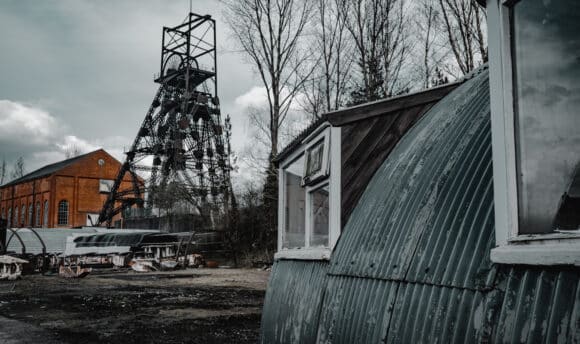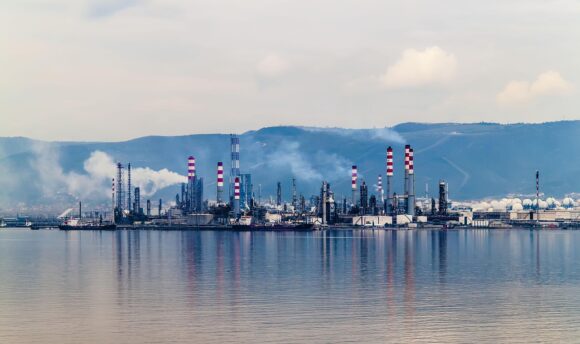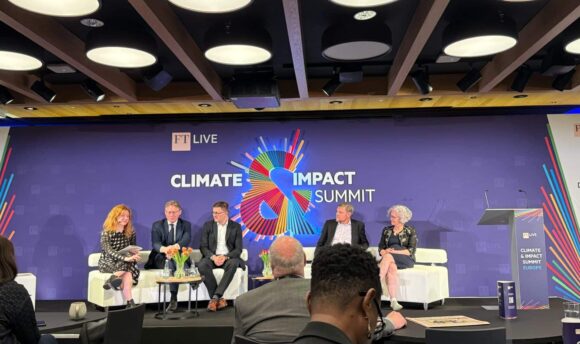In an open letter Paul Parker, recording clerk of Quakers in Britain, and Bainito Wamalwa, Africa section clerk of Friends World Committee for Consultation, asked for a meeting with the world’s leading insurance market to discuss its action on climate change.
They urged Lloyd’s Chairman Bruce Carnegie-Brown and Chief Executive John Neal, whose members insure a large proportion of the global energy sector, to stop (re)insuring new oil and gas development.
The Lloyd’s market has a decisive role to play in preventing the destruction that EACOP would cause, including higher CO2 emissions than the annual emissions of its host countries, Uganda and Tanzania, combined.
More than 100,000 people will lose the land they farm, and because of low-cost construction techniques and an earthquake zone, the critical freshwater source of the Lake Victoria basin will be at risk of pollution.
“We uphold our religious belief in the equality of all people by refusing to accept the suffering of those around the world who are bearing the brunt of the climate crisis,” the pair wrote.
“It is in this spirit that we ask you to stop (re)insuring new oil and gas development such as EACOP, a step which must be taken immediately to limit global warming to 1.5°C, protect irreplaceable ecosystems, and minimise the number of deaths caused by climate change.”
The letter adds Quaker voices to the 100 organisations who wrote to Lloyd’s last year, asking them not to (re)insure EACOP (read more here).
Increasing numbers of insurers globally are adopting oil and gas restrictions in response to campaigns (read more here).
In the UK, heatwaves are now 30 times more likely because of climate change and communities face record-breaking winter floods while rising sea levels force coastal settlements to face relocation.
In Africa, which contributes only 2-3 per cent of global greenhouse gas emissions, the climate is warming faster than the global average.
Heat waves, floods, tropical cyclones and sea level rise are causing death and injury, damaging houses and livelihoods, and forcing people to leave their homes.
Prolonged droughts are pushing farmers into poverty and increasing the likelihood of conflict. These impacts will only grow more severe as the climate continues to warm.



